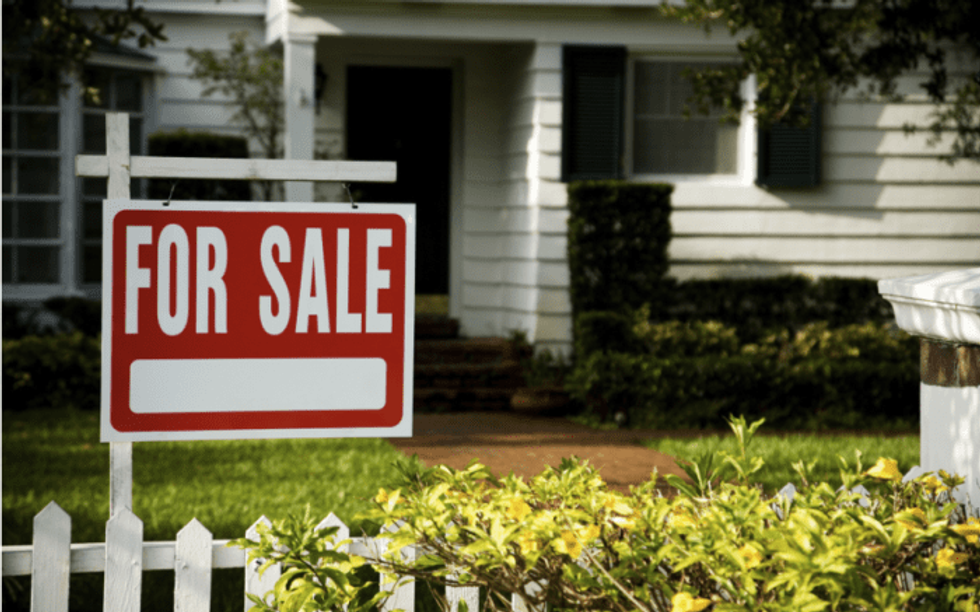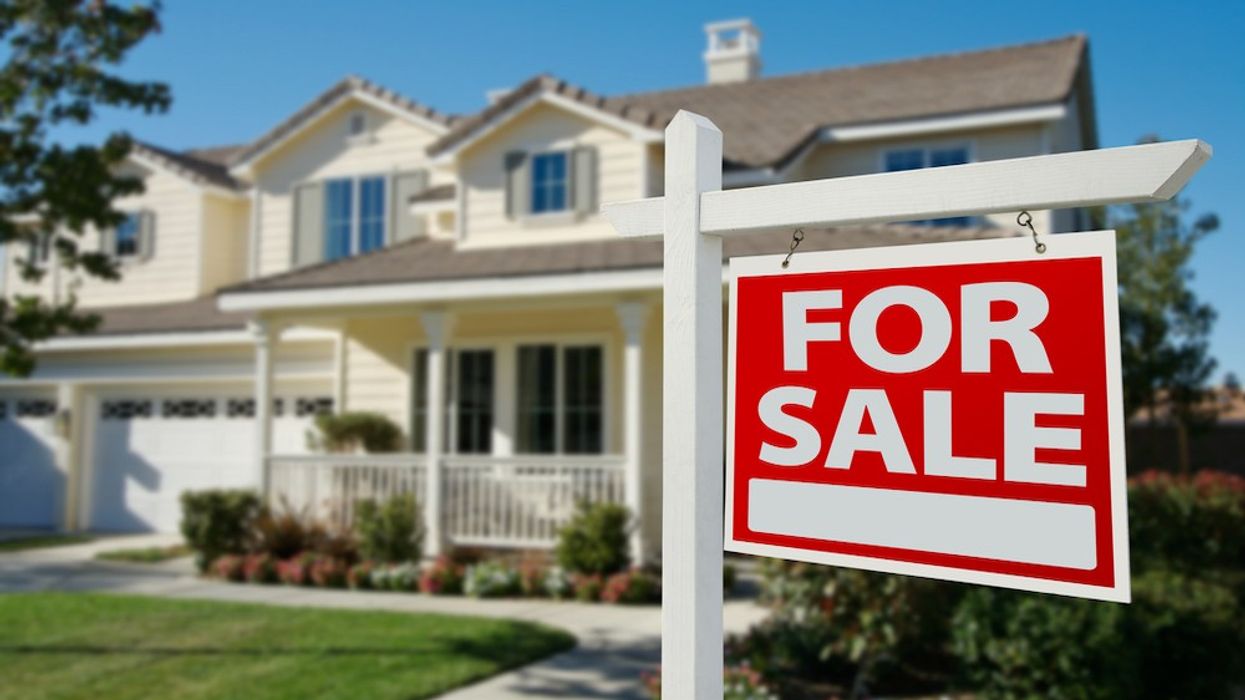Toronto Regional Real Estate Board (TRREB) president Kevin Crigger is not a fan of a potential hike in land transfer tax -- and makes strong arguments to support his case.
In a presentation yesterday to Mayor Tory and the City's Executive Committee, Crigger highlighted how an increase in land transfer tax would hurt housing affordability at an already fragile time and worsen supply challenges.
"Given that the average detached house price in Toronto was $1.5 million in 2020, the tax will predominately target homeowners who aren't 'uber rich,' the Toronto Real Estate Board's @kevin_crigger told the committee," said TRREB in a tweet earlier today.
While there was discussion as of late as to whether or not the City would impose a land transfer tax on properties valued at $2M or more, a study published by the C.D. Howe Institute earlier this week suggested that doing so could have detrimental consequences on the broader economy. And Crigger agrees.
In his report, Crigger acknowledges that TRREB understands and appreciates the budgetary challenges faced by the City of Toronto. However, he made himself clear that hiking land transfer tax was not the way to go.
"With this in mind, TRREB believes that the comprehensive approach taken in the staff report, as directed by Council, is more appropriate than continuing to rely disproportionately on the Municipal Land Transfer Tax (MLTT)," reads Crigger's letter to the Executive Committee.

Housing affordability is, arguably, the most serious challenge facing Toronto, says Crigger. "City Council must ensure that any revenue generating initiatives should not exacerbate this situation," he writes. "With this in mind, TRREB strongly opposes any increase to the MLTT, including the option to target an increase of this tax on properties priced over $2 million, as discussed in the staff report."
According to Crigger, any increase to Toronto's already high land transfer taxes could discourage “move-up buyers” from listing their homes for sale, with many of these households choosing to renovate instead. "This means more modest homes, by Toronto standards, will not become available for those looking for more affordable options," writes Crigger. "Council should be wary of any policy move that could interrupt households’ regular progression through the housing market over time."
With Toronto's sky-high real estate prices, Crigger quite accurately points out that buyers of $2M homes aren't necessarily wealthy, with the average price of a home -- across all property types -- in the city above $1M. "While it may be tempting to characterize $2 million properties as 'luxurious' and purchasers of these properties as 'wealthy,' this is not an accurate characterization of Toronto’s housing market or Toronto home purchasers."
Furthermore, Crigger questions the timing of the increase, given that we are living in a climate of economic uncertainty. In the letter, Crigger states that TRREB strongly supports the following adjustments to the MLTT: adjustments to the first-time buyer rebate to ensure it provides the relief that was intended for first time buyers; and adjustments to home price thresholds at which MLTT rates apply to ensure that this tax is implemented in a progressive manner.
"To add insult to injury, not only are first-time buyers not being given the relief that was intended by City Council, they are being forced to pay MLTT at the highest rates, even if they purchase a BELOW average priced home," writes Crigger. "This is because the MLTT rate structure is such that the highest rates kick in starting on homes priced at only $400,000, which is 59% BELOW the 2020 Toronto average price of $986,000."
Therefore, says Crigger, the City is essentially forcing people purchasing below average priced properties to pay the highest MLTT rates. "This is simply not progressive nor fair," he says.
A potential land transfer tax increase has been on the minds of politicians for some time as the City looks to means to cool Toronto's housing market.
Naturally, this isn't the first time TRREB has been vocal with its concerns surrounding land transfer tax increases. And it surely won't be the last.


















